Will Smith Says Recent Co-Star “Didn’t Make Eye Contact” With Him
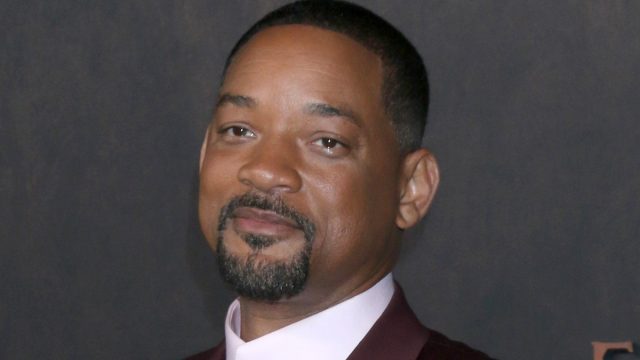
Filming Emancipation was always going to be an emotional experience for its actors, no matter what. The film (out on Apple TV+ now) is inspired by an enslaved man, Peter, who became known as “Whipped Peter” due to the famous photograph of him with scars on his back that became a symbol for abolitionist movement. Will Smith stars in the film, which shows the main character’s dangerous journey to freedom in the 1860s.
In a new interview, Smith shared that one of his co-stars wouldn’t speak to him or make eye contact with him in order to keep one aspect of their characters constant, even when they weren’t on camera. And he confirmed that it only made the production more intense. Read on to see what Smith shared about his fellow actor and to find out how they started actually talking for the first time.
READ THIS NEXT: The Worst Will Smith Movie of All Time, According to Critics.
Smith stars alongside Ben Foster.
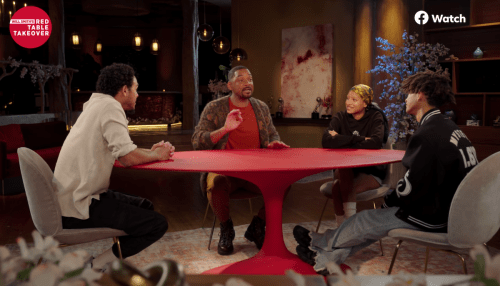
Smith took over his wife Jada Pinkett Smith’s show Red Table Talk for the Dec. 14 episode, joined by his three children, Willow, Jaden, and Trey Smith.
Smith revealed that while he was filming Emancipation, his co-star Ben Foster would not speak to him or even make eye contact. Foster plays a slave-catcher named Jim Fassel in the movie. Smith realized this on the very first day of filming, during which the crew encountered several issues.
“I think we didn’t even get a shot the first day. There was lightning. There was heat. We had literally lost an entire day,” Smith explained. “I’m thanking extras. ‘Hey, thank you all very much, everybody.’ In my mind I was giving my best Will Smith, and Ben just walked past me and didn’t say nothing. I was like, ‘Oh, he must not have seen me.’ And then for six months he didn’t speak to me. He didn’t make eye contact with me. He didn’t say a word. He didn’t acknowledge me for six months.”
Smith said this choice impacted his performance.
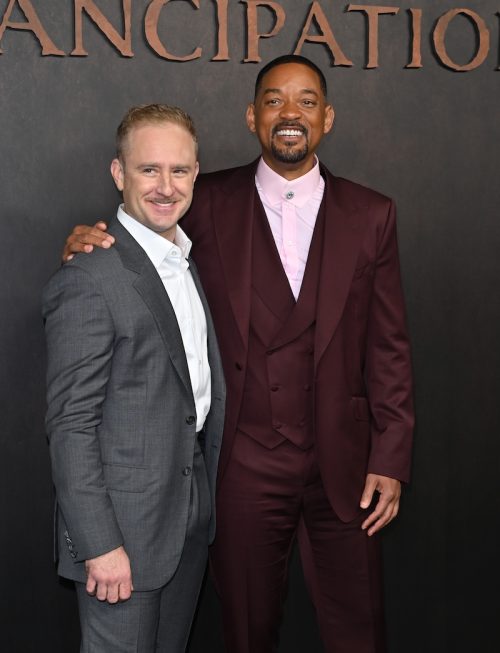
Smith said that Foster setting the tone on the first day changed the way he approached the film.
“What he did that first day, I was like, ‘Yup, got it. We’re not playing. This is real. This is serious. We’re not fooling around with these ideas,'” he said on the show. “I really credit Ben with clicking me into the next gear of depth and focus.”
For more celebrity news delivered right to your inbox, sign up for our daily newsletter.
Foster gave some insight into his decision.
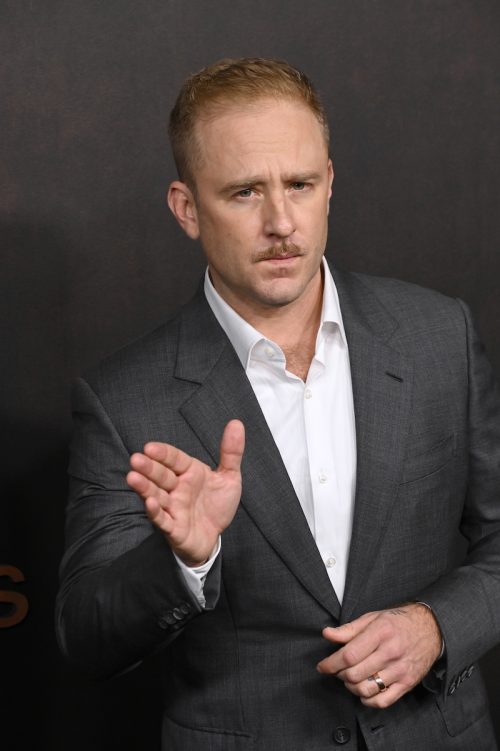
In an interview with Entertainment Weekly in November, Smith and Foster spoke about working together.
“Ben didn’t speak to or acknowledge me on set for the entire five months of shooting,” Smith said. “I remember looking at him like, ‘Oh, that’s right. We’re not playing. This is serious, important material.’ He snapped me to attention, and I really credit the seriousness and the care and concern that Ben took in playing this character with elevating my performance in the process.”
In response, Foster said, “Well, thank you, Will. But I had the other view: My first day on set, I didn’t see Will Smith doing Will Smith. I saw a man going deep in, and we didn’t need to speak. So for whatever it’s worth, I thank you for snapping me in, too.”
They didn’t speak until the last day of filming.
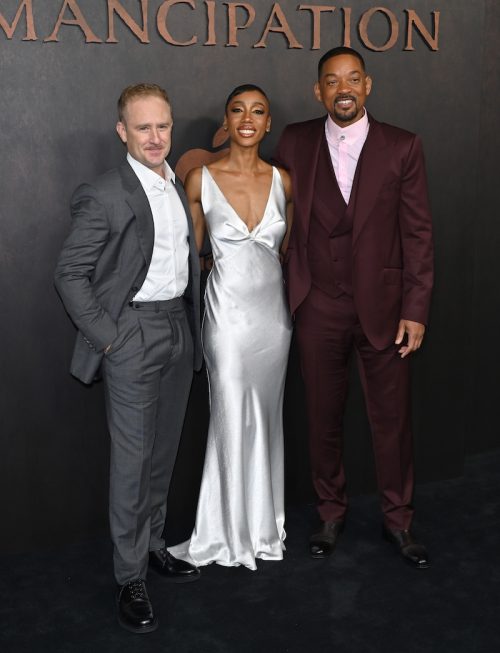
On Red Table Talk, Smith remembered the time when Foster introduced himself at last.
“So what happened, the final day, me and [director] Antoine [Fuqua] are at the monitor looking at the shot, and Ben comes over,” Smith said, adding that Foster never came over to the monitor, so he was immediately surprised. “He comes to the monitor, he watches the shot, and Antoine said, ‘I’m happy. We got it.’ And then I look over at Ben, it’s his last day, he says, ‘Nice to meet you. Ben.'”
Foster doesn’t necessarily consider himself a Method actor.
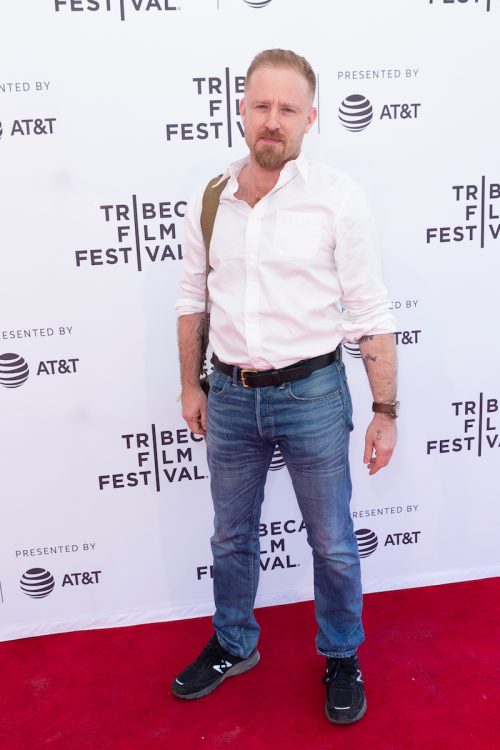
In an April interview with The Guardian, Foster was asked about Method acting, a process in which an actor attempts to immerse themselves as much as possible in the life of their character.
“Well, it’s a funny word and it’s a term that’s often misinterpreted and I probably don’t have a great interpretation or definition of it,” Foster said. “Maybe this is a [expletive] thing to say and a cop out, but if you were to spend six months thinking about about making chairs—oh my God, I love wood, I love making chairs, the way the seat works—and you’re spending time with people who love chairs too and you just want to honor chairs, you’re going to think about chairs.”
He went on to say that being in a mindset about a topic means you can’t necessarily leave those thoughts behind at a moment’s notice. “Then when the film ends and you’re no longer making chairs, you’re going to dream about chairs,” Foster said. “That’s what it is. It’s not fancy. It’s like, well, this is what we’re talking about and they were there, I wasn’t, so let’s think about it a little bit more rather than, ‘Oh, let’s go have a yogurt together. Anyone want a smoothie?'”